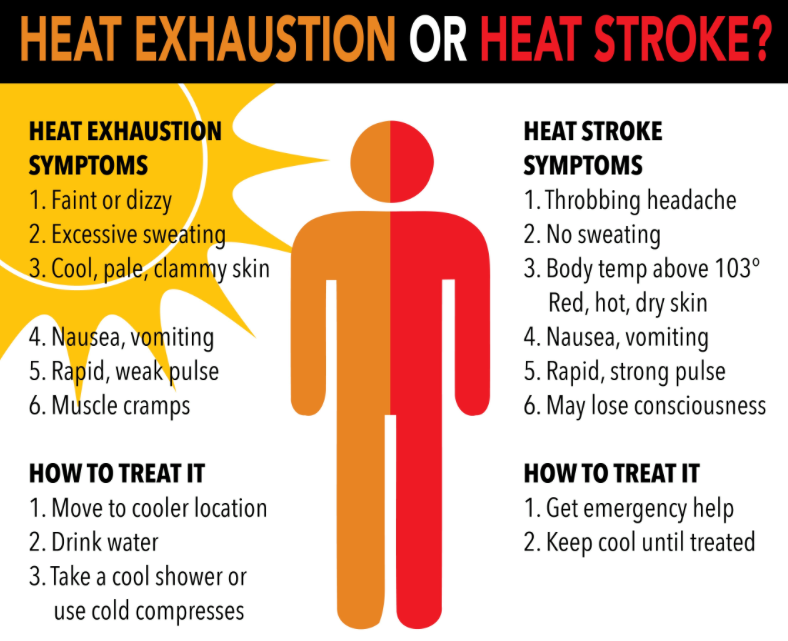Sign Up Now for one of Thirteen Safety Seminars to be held this Fall!
Idealease and the National Private Truck Council NPTC will again host safety seminars in 2023. The one-day seminar this year will focus on data available from trucks today with regard to safety, basic safety and compliance, regulation changes, and CSA. The seminars will be provided to all Idealease customers, potential customers, and NPTC members at no charge. The seminar provides essential information applicable to both novice and experienced transportation professionals. Seminars currently available for registration have their venues secured. If you cannot register for the seminar in your area, check back, as registration availability will be added as the venues are secured. This information will be updated weekly in this bulletin. To register for an upcoming seminar in 2023, click here.
FALL SEMINARS (Sept-Oct)
9/19/23 Reno/Sparks |
NV |
9/20/23 San Leandro |
CA |
9/21/23 Oxnard |
CA |
9/26/23 Flint |
MI |
9/28/23 Baltimore |
MD |
10/19/23 Green Bay |
WI |
TBD Weirton |
WV |
10/11/23 Birmingham |
AL |
10/12/23 Atlanta |
GA |
TBD Columbia |
SC |
10/17/23 Hillsboro/Portland |
OR |
10/25/23 Louisville |
KY |
10/26/23 Nashville |
TN |
The Heat is On!
This crazy weather continues this year and the Heat is setting record temperatures across North America.
What are you doing to protect your employees from Heat Stroke and exhaustion?
These conditions are created when our body is unable to regulate our heat production at a safe level. First, we need to make all our employees aware of the signs and symptoms for these conditions:
- Fatigue, weakness, fainting
- Nausea and vomiting
- Headache
- Dizziness
- Muscle cramps
- Irritability
- Sweating (absence or presence)
- Paleness
These conditions can be further escalated by the physical condition of your employees. Employees at a greater risk for heat exhaustion and heat stroke are those with: Heart disease, Skin diseases, Extensive burns, Endocrine disorders (hyperthyroidism, diabetes, etc.), High blood pressure, Overweight, Depression, Insomnia and Fever. Over the counter drugs can also contribute to a greater risk for these conditions.
ALL HEAT-RELATED ILLNESSES ARE PREVENTABLE!
What can you do to prevent them?
- Use Common Sense!
- Limit your exposure to direct sunlight as much as possible.
- Drink more fluids (non-alcoholic); do not drink fluids that contain caffeine or large amounts of sugar. Sport drinks are good as they replace electrolytes and salt in your body. Avoid extremely cold fluids as these can cause stomach cramps. Drink often throughout the day 4-6 ounces at a time. WATER IS GOOD!
- Wear lightweight, light-colored, loose-fitting clothing that does not create a safety hazard for your work environment. If outdoors, wear a hat to reduce direct exposure to the sun.
- Make sure your employees are wearing sunglasses that provide UV protection and are impact resistant
- Avoid hot foods and heavy meals. They add heat to your body.
- Drivers who are on routes should pack a cooler with water for the day. Also, keep an umbrella in the truck if you are operating in extreme conditions, (desolate, desert, etc.), this will allow you to move to an area with breeze and still be protected from the sun.
- If exposure to the sun is inevitable, apply generous amounts of sunscreen with a high SPF rating to exposed skin.
- Make sure your truck is in excellent condition. A good pre-trip inspection is crucial in extreme heat conditions to prevent breakdowns, otherwise you may find yourself and your unit on the side of the road exposed to the extreme heat.
Get out the Sunglasses: July is UV Safety Awareness Month
During the summer there is usually a lot of emphasis on protecting skin from UV rays. But you shouldn’t forget about protecting the eyes—the most exposure to bright sunlight increases the risk of developing cataracts, macular degeneration, and growths on the eye including cancer.
July is UV safety awareness month. However, while sitting behind the wheel of a CMV, your eyes are especially at risk to UV rays all year round. This makes it important to protect the eyes from UV rays in all situations by wearing proper eye protection such as UV blocking sunglasses.
Here are some tips from the American Academy of Ophthalmology:
- Don’t focus on color or darkness of sunglass lenses: Select sunglasses that block UV rays. Don’t be deceived by color or cost. The ability to block UV light is not dependent on the price tag or how dark the sunglass lenses are.
- Check for 100 percent UV protection: Make sure your sunglasses block 100 percent of UV-A rays and UV-B rays.
- Choose wrap-around styles: Ideally, your sunglasses should wrap all the way around to your temples, so the sun’s rays can’t enter from the side.
- Wear a hat: In addition to your sunglasses, wear a broad-brimmed hat to protect your eyes.
- Don’t rely on contact lenses: Even if you wear contact lenses with UV protection, remember your sunglasses.
- Don’t be fooled by clouds: The sun’s rays can pass through haze and thin clouds. Sun damage to eyes can occur anytime during the year, not just in the summertime.
- Protect your eyes during peak sun times: Sunglasses should be worn whenever outside, and it’s especially important to wear sunglasses in the early afternoon and at higher altitudes, where UV light is more intense.
- Never look directly at the sun. Looking directly at the sun at any time, including during an eclipse, can lead to solar retinopathy, damage to the eye’s retina from solar radiation.
- Don’t forget the kids: Everyone is at risk, including children.
- Protect their eyes with hats and sunglasses. In addition, try to keep children out of the sun between 10 a.m. and 2 p.m., when the sun’s UV rays are the strongest.









